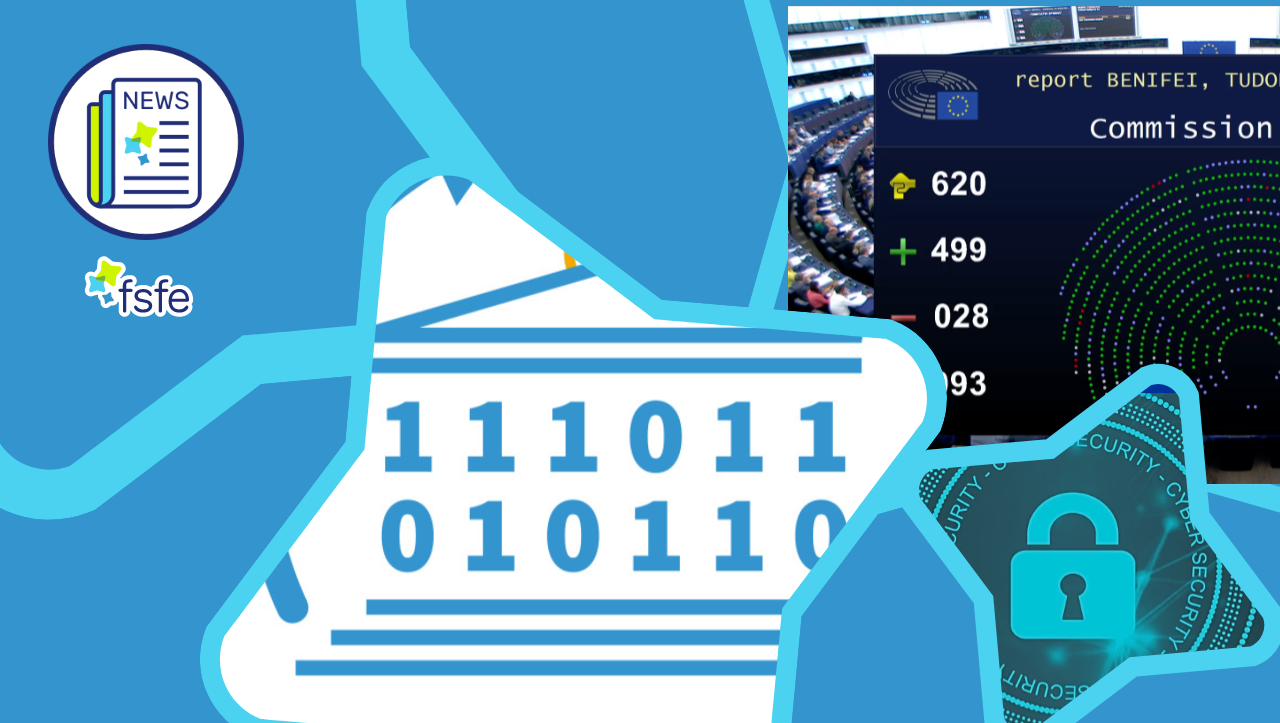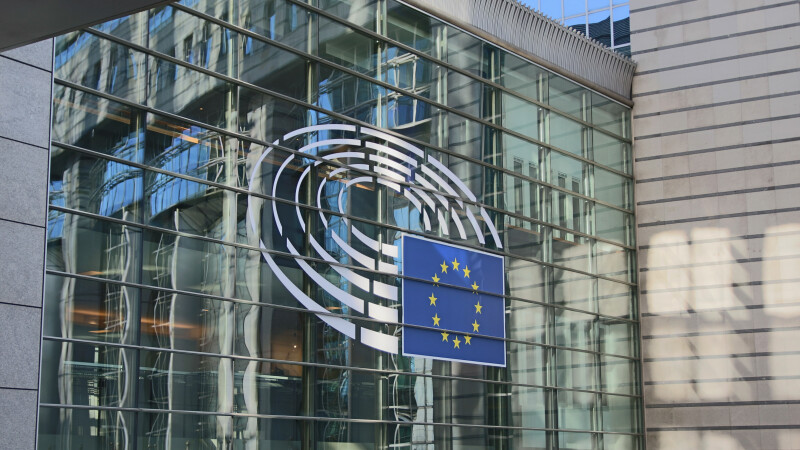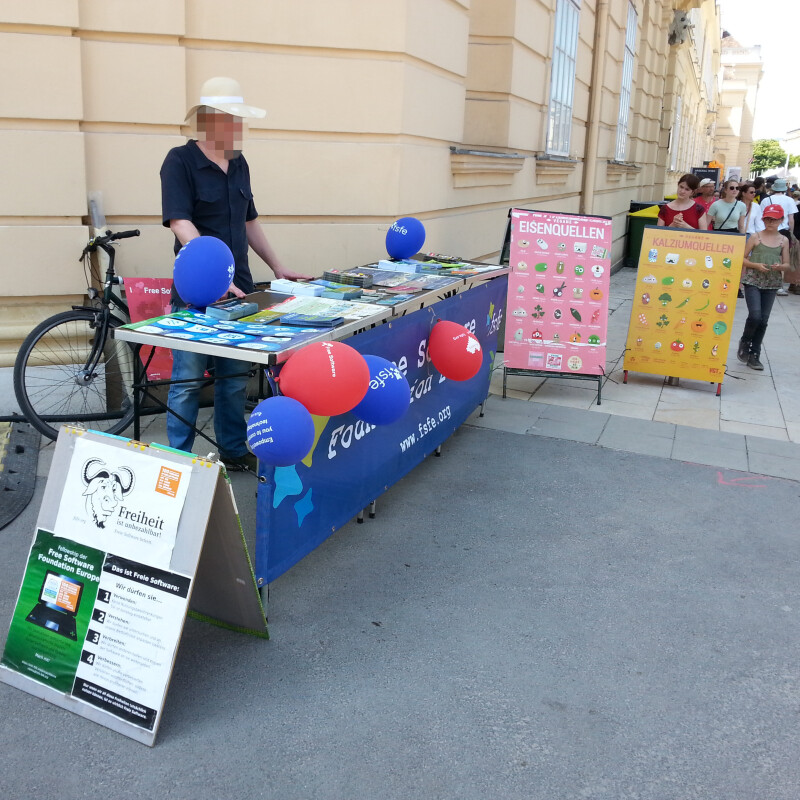YH4F: Coding is over!
lundi 24 juillet 2023 à 01:00YH4F: Coding is over!
The second edition of Youth Hacking 4 Freedom, the hacking competition for young Europeans has just ended. For the last six months, the participants have worked on developing their own personal Free Software projects.

Nearly 70 young people from across Europe signed up for the new edition of Youth Hacking 4 Freedom, a competition for European teenagers to develop their coding skills and win great cash prizes.
This second edition, which started last January, was accompanied by a new activity: a monthly meeting where participants had the opportunity to discuss their technical problems and learn some tips from different Free Software experts. These meetings have also been a way to keep in touch during the last months, and a way to support each other, promoting one of the principles of Free Software, the creation of community. These open and voluntary meetings allowed those attending to talk and connect with each other in smaller groups.
"The monthly meetings provide an opportunity to talk and connect with other participants and have helped to form friendships throughout the contest. It has been great to see how well these meetings have been received by the participants. And it is a really rewarding experience to be able to help young people from all over Europe to meet other Free Software enthusiasts!", says Bonnie Mehring, YH4F project manager.After six hard working months of coding, it is now the turn of the YH4F jury to evaluate the participants’ submitted projects. The jury is composed by Free Software professionals with different background and technological skills, that will review the projects within the next weeks taking into consideration different criteria such as the originality of the idea, the creativity of the project or the quality of the code.
After the first round of voting the jury will decide which of the submitted projects could be considered for one of the cash prizes. Then, the owners of those projects will be invited to an online interview to present it and answer the jury questions. Afterwards the jury will decide on the prizes.
Brussels is awaiting!
In the coming weeks, the winners will be announced based on the judges' scores, and prizes will be awarded at the YH4F Awards ceremony in Brussels in mid October, to which all participants will be invited for an all-expenses-paid weekend.
Six winners will receive cash prizes ranging from €4,096 to €1,024 each, at a ceremony featuring top Free Software speakers.
Keep up to date to our next news to learn about this year amazing projects and the winners!





